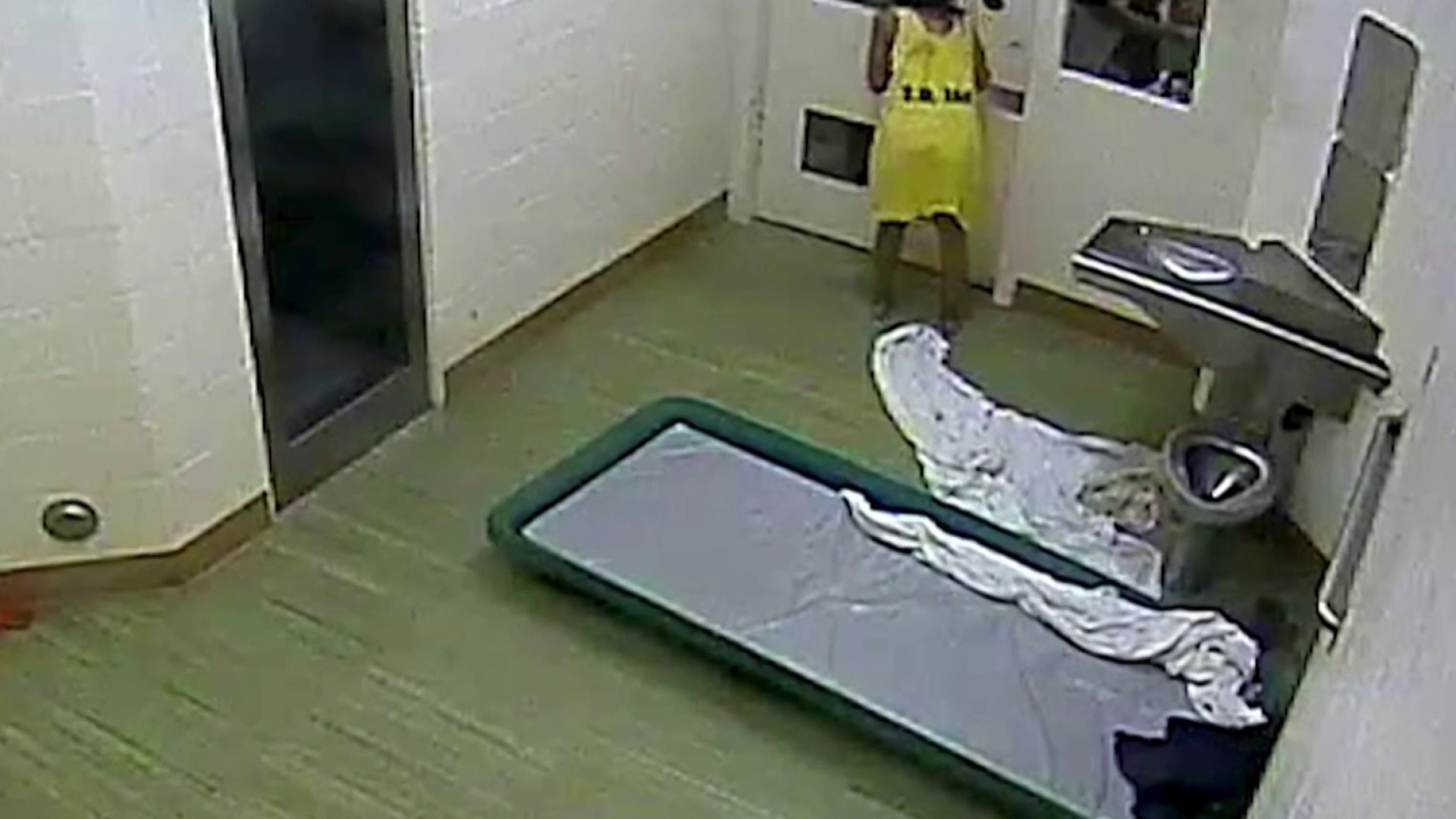The decision whether to move forward on a federal lawsuit filed in San Diego is being decided by an appeals court in Pasadena.
The three-judge panel received the case after the city attorney’s office, appealed a ruling that there were enough inconsistencies in evidence to move forward with a trial against the San Diego Police Department and the officer involved, Jonathan McCarthy.
Originally, McCarthy was cleared by District Attorney Bonnie Dumanis’s office in the shooting death of Victor Ortega in June 2012. But the family of the dead man, including widow Shakina Ortega and her attorney Christina Denning, filed a lawsuit claiming a violation of the dead man’s civil rights.
The claim alleged there were numerous problems in the police investigation of the shooting incident.
In the 32-minute hearing Wednesday, the city was represented by a veteran litigator from the city attorney’s office: Don Shanahan.
“The first one grazes his stomach enters in a downward position into the abdomen” is how attorney Denning demonstrated to the court how she thinks the two bullets entered Ortega during his confrontation with McCarthy.
The officer had responded to a domestic violence call and ended up chasing Ortega to a breezeway in a nearby apartment complex in Mira Mesa. This is where the shooting took place and while witnesses heard the scuffle and yelling, no one saw what happened.
Local
Denning alleged “there were numerous inconsistent statements” from Officer McCarthy as well as his supervisor, who investigated the shooting.
The city argued to the court that these were simple mistakes made in the course of the investigation. They should have no bearing on the court’s decision.
Denning thinks they were glaring examples of the misconduct of McCarthy and the inept handling of the investigation by the police department.
Judge Morgan Christen asked Shanahan about the location of the entry wounds because the city’s claim seemed to be inconsistent with other reported facts. “The wound paths are more difficult for you to explain. It’s a more serious inconsistency.”
The city argued it was a struggle that had Ortega on the ground then up on his feet. McCarthy tried hard to control Ortega, who wrestled to get free McCarthy’s ankle pistol and his service revolver. Shanahan said: “The question is whether Mr Ortega was coming at him”
The city argued Ortega acted aggressively to take McCarthy’s weapons from him. Denning argued Ortega was in a submissive position when the officer shot him after Ortega was overheard yelling he was going to sue him.
Under the Constitution, police officers like city officials have a degree of protection when performing their duties. It is called qualified immunity and that is what the city uses as part of its defense. It is valid as long as someone’s constitutional rights are not violated.
At the appeals hearing, Judge Barrington Parker Jr. asked why hasn’t McCarthy’s claim for qualified immunity already been denied? “On the basis of McCarthy’s various statements” it should be, he argued. He went on to say about the officer: “He couldn’t get his story straight. He tells one person something one time” and something else at another time.
McCarthy’s own words betray him, the judge pointed out, because “this is a definitive statement of what happened, it’s not in a deposition, it’s not to an opposing council, it’s to another police officer.”
Judge Christen said the case goes “to the physical evidence of the shooting," the bullets trajectory and where both men were standing. She said to Shanahan: “I think you are right, there are inconsistences and there are material inconsistencies.”
It is now up to this appeals court to decide just how relevant the police inconsistences are. Once the court decides, it can take months for the ruling from an appeals court, then either this case is terminated or it would return to a San Diego courtroom for a new trial.



